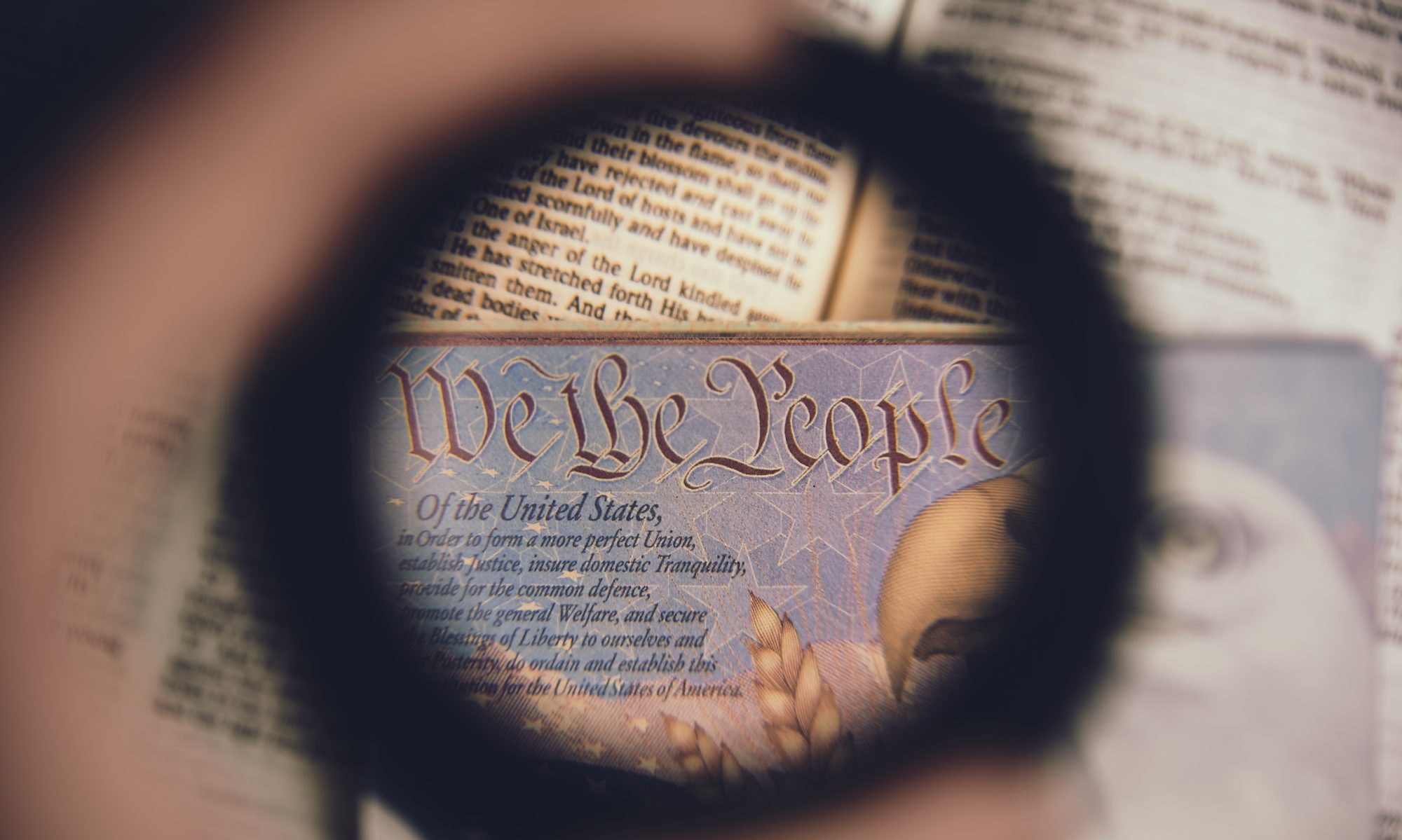Did you know that John Adams, who was seeking re-election on the Federalist ticket, was labeled a monarchist; Vice President Jefferson was called an atheist; both candidates were declared enemies of the Constitution.
From Michael Bolden
Tenth Amendment Center
On Mar. 4, 1801, Thomas Jefferson gave his first inaugural address after winning a bitter campaign for President of these United States.
During the campaign, he noted that the nation’s newspapers were “teaming with every falsehood they can invent for defamation.” John Adams, who was seeking re-election on the Federalist ticket, was labeled a monarchist; Vice President Jefferson was called an atheist; both candidates were declared enemies of the Constitution.
Continue reading “The 13 essential principles of our government according to Thomas Jefferson”










